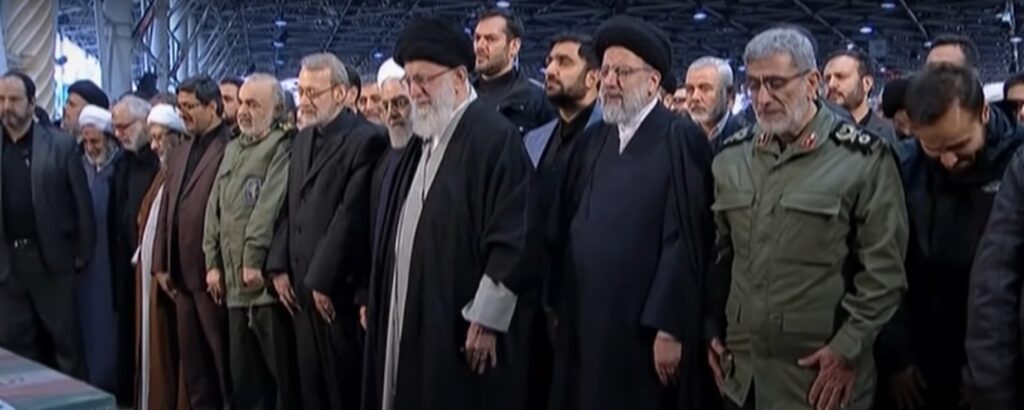Sources in Hamas say that the Biden administration is waiting for the end of the IDF’s military operation in Rafah to resume indirect negotiations between Israel and Hamas on the hostage deal.
The Biden administration is trying to postpone the possibility of an all-out war between Israel and Hezbollah.
If a hostage deal is reached, there will be a cease-fire in the Gaza Strip, and Hezbollah will also cease fire on the northern border, calming the area for a few weeks.
The Biden administration believes it is possible to bridge some of the disputes between Israel and Hamas.
However, Yahya Sinwar is amused and wants to continue blackmailing Israel, which is pessimistic about reaching an agreement.
Israel realizes that Sinwar is not interested in a deal but in Israel’s complete surrender to his demands.
Amos Hochstein’s mission to the region, attempting to prevent an escalation between Israel and Hezbollah, indicates that, according to the Biden administration, the countdown has already begun.
It estimates that Israel is planning a broad military operation in southern Lebanon to keep Hezbollah forces away from the border and enable the return of tens of thousands of displaced Israelis to their homes.
The American administration fears that Israel will expand the fighting and that Iran will intervene in the war in Lebanon immediately after the presidential elections at the end of the month, together with Shiite militias from Iraq and Syria.
Amos Hochstein told the Speaker of the Lebanese Parliament, Nabia Berri, that according to the US estimation, Israel will win the battle in the Gaza Strip, and therefore a political solution should be reached to prevent a war on the Israel-Lebanon border.
Nabia Berri made it clear that only the end of the war in the Gaza Strip can stop Hezbollah’s attacks on Israel.
Amos Hochstein explained to Prime Minister Netanyahu that Hezbollah refuses to sever the linkage between the escalation in southern Lebanon and the connection to the war in the Gaza Strip.
Hassan Nasrallah’s position on this matter has not changed since last October.
In this situation, Israel cannot reach any agreement with Hezbollah or the State of Lebanon regarding the ceasefire in the Gaza Strip.
The administration hopes that with the end of the IDF’s military operation in Rafah, it will be able to convince Hezbollah, through mediators, to stop its fire on Israel.
Hamas demands a full ceasefire and the withdrawal of all IDF forces from the Strip.
Currently, Amos Hochstein cannot bridge the differences in positions between Israel and Hezbollah, and the possibility of an all-out war in Lebanon is getting closer.
Hezbollah, at the behest of Iran, complicated Lebanon’s situation. Its war of attrition against Israel as “support” to Hamas in the Gaza Strip has brought the economically devastated and socially and religiously divided Lebanese state to the brink of a new war with Israel, which would be disastrous for it, not only in the South Lebanon region but in all of Lebanon.
If the hostage deal and the cease-fire with Hamas in the Gaza Strip do not come to fruition, the danger of an all-out war in Lebanon increases, a war that will weaken Hezbollah and destroy the civil infrastructure of the Lebanese state.
A senior political official in Israel says, “If Hezbollah continues to attack Israel, the whole of southern Lebanon will look like Gaza, Beirut will not be immune.”
According to him, “the countdown to a powerful Israeli response against Hezbollah has begun, and only Hezbollah’s agreement to the proposals of envoy Amos Hochstein can stop the ticking clock.”




